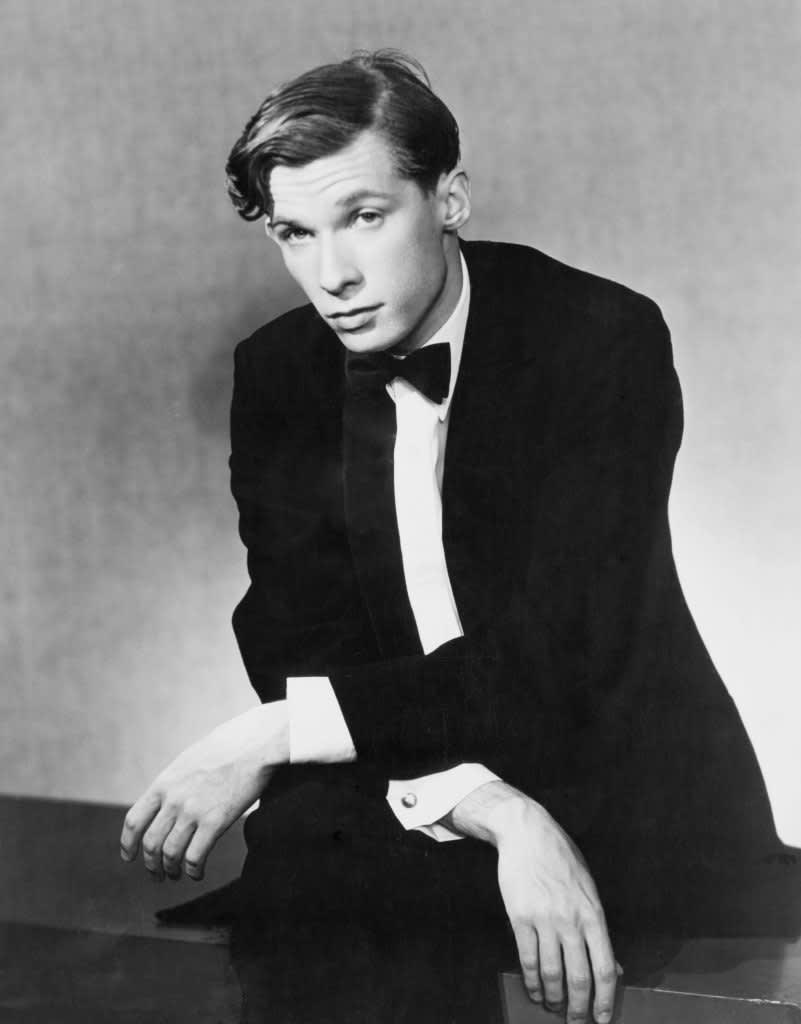Oscars winners, Nobel Prize recipients and Olympic champions...it's usually the heroes that influence us to write our stories. Not David Lang, composer of "the loser." He was inspired by the ones who didn't win.
ABOUT THE STORY
Based on Austrian novelist Thomas Bernhard’s book of the same name, the story follows a piano prodigy at a master class who comes across an even greater talent: Glenn Gould, who was virtually unknown at the time. Gould would soon be known as one of, if not the, greatest pianist of all time. The realization that he will never be as good as his new rival, Gould, destroys him and his classmate, changing the course of their lives forever.
Gould himself was very real, but “the loser” is historical fiction. Who was the real Glenn Gould, and why was his influence on other musicians as devastating as it was inspiring?
A STAR IS BORN

Gould was born in 1932, and accomplished more in his 50 years of life than most do in 80 or 90. He’d been a piano prodigy since childhood, but it wasn’t until his 1955 debut album of Bach’s “Goldberg Variations” that he propelled into international stardom practically overnight. He would be one of the major figures to change classical music for the better, all the way until his death in 1982. It’s been about three and a half decades since Gould’s untimely passing, but he is still VIP when it comes to the greatest musicians of the 20th century.
A COMPOSER INSPIRED
Lang was struck so deeply by the themes of disappointment in the book, that he felt he needed to adapt it into an opera.
“The first thing that really overpowered me about the book was how complicated the main character is, and how fiercely the author had written this character” Lang said. “You’re inside the mind of this very agitated person. He is completely jumbled up and you get that sense that this person is completely disturbed by what has happened to him.”
The plot itself isn’t that complicated — according to Lang, it’s “basically one long paragraph that lasts for 200 pages.” And that’s exactly how Lang adapts it. The entire opera is a monologue of one central figure that sings (acclaimed baritone Rod Gilfry sings The Narrator, a role he also sang at the piece’s 2016 world premiere in New York City). The only other person on stage is the unnamed accompanist (played by Conrad Tao), seemingly aimed to represent Gould.
Lang’s “the loser” is as powerful as it is simple. Because of the stripped down nature of the opera, the audience is immediately taken into the mind of this distraught individual unable to cope with fact that someone (in this case Gould) will always be better.This realization is so plaguing, it causes the friend to (spoiler alert) eventually commit suicide.
REAL THEMES
This reaction may seem severe, but it is a very real feeling for musicians . It’s devastating to learn that something you’ve dedicated your entire life to, will simply not be good enough.
“As musicians, we have to commit ourselves to this intense and powerful discipline, which takes years before you are sophisticated enough to be able to look at yourself and ask yourself whether or not you’re able to do this. To me, that is where the core of The Narrator’s disappointment comes from, and what is most resonant to musicians” Lang explained.
Lang notes that The Narrator, however, isn’t able to move on. He carries this wound for his entire life. Even Lang, a Pulitzer prize winning composer, experiences insecurities in his own artistry. But the disappointment of feeling like second-best isn’t exclusive to classical musicians. It’s something all people are familiar with.
“Everyone experiences disappointment and we all need to figure out how to move on. Some people figure this out by finding something else they’re better at, or something you will at least be less disappointed with. I think that’s the normal way to move on.”
When one dedicates their life to their craft, as the Narrator or even Lang dedicates themselves to music, it is easy to fall into negative thoughts of self-doubt. But moving on doesn’t mean “giving up” — and Lang hopes that message reigns resonate with audiences as they spend an evening with “the loser”.




